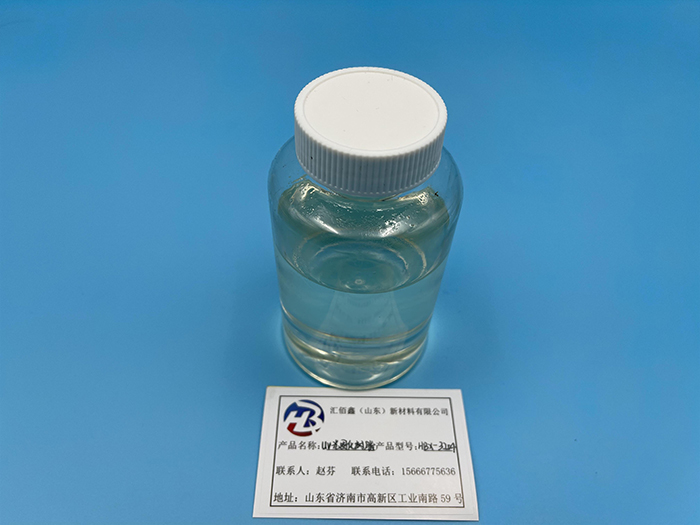UV resin and UV glue are two different things. UV resin is oligomer, which is used as solvent and coating, while UV glue is prepolymer 30-50% acrylate, which is used as adhesive. Next, let's take a look at the specific differences between UV resin and UV glue.
UV resin, also known as photosensitive resin, is an oligomer that can undergo rapid physical and chemical changes in a short time after being irradiated by light, and then crosslink and cure. It is a photosensitive resin with low relative molecular weight and has reactive groups that can carry out UV, such as unsaturated double bond or epoxy group.
UV resin is the matrix resin of UV coating. It is compounded with photoinitiator, active diluent and various additives to form UV coating, including UV waterborne coating, UV powder coating, UV leather coating, UV optical fiber coating, UV metal coating, UV paper polishing coating, UV plastic coating, UV wood coating, etc.

UV adhesive is composed of basic resin, active monomer, photoinitiator and other main components, with stabilizer, crosslinker, coupling agent and other additives. Under the irradiation of UV light with appropriate wavelength, the photoinitiator quickly generates free agents or ions, and then initiates the polymerization and crosslinking of basic resin and active monomer into network structure, so as to achieve the bonding of bonding materials.
UV adhesive, also known as shadowless adhesive and UV curing adhesive, is mainly used for glass to glass, glass to metal, plastic to metal, plastic to plastic, etc. it is mainly used for the fixed bonding of glass products and glass crafts; Bonding, covering, protection, sealing and bonding of internal wires of electrical switches; In medical supplies, the bonding of intravenous injection tube, the bonding of injection needle and syringe, the bonding of electronic diagnostic device, and other fields.

